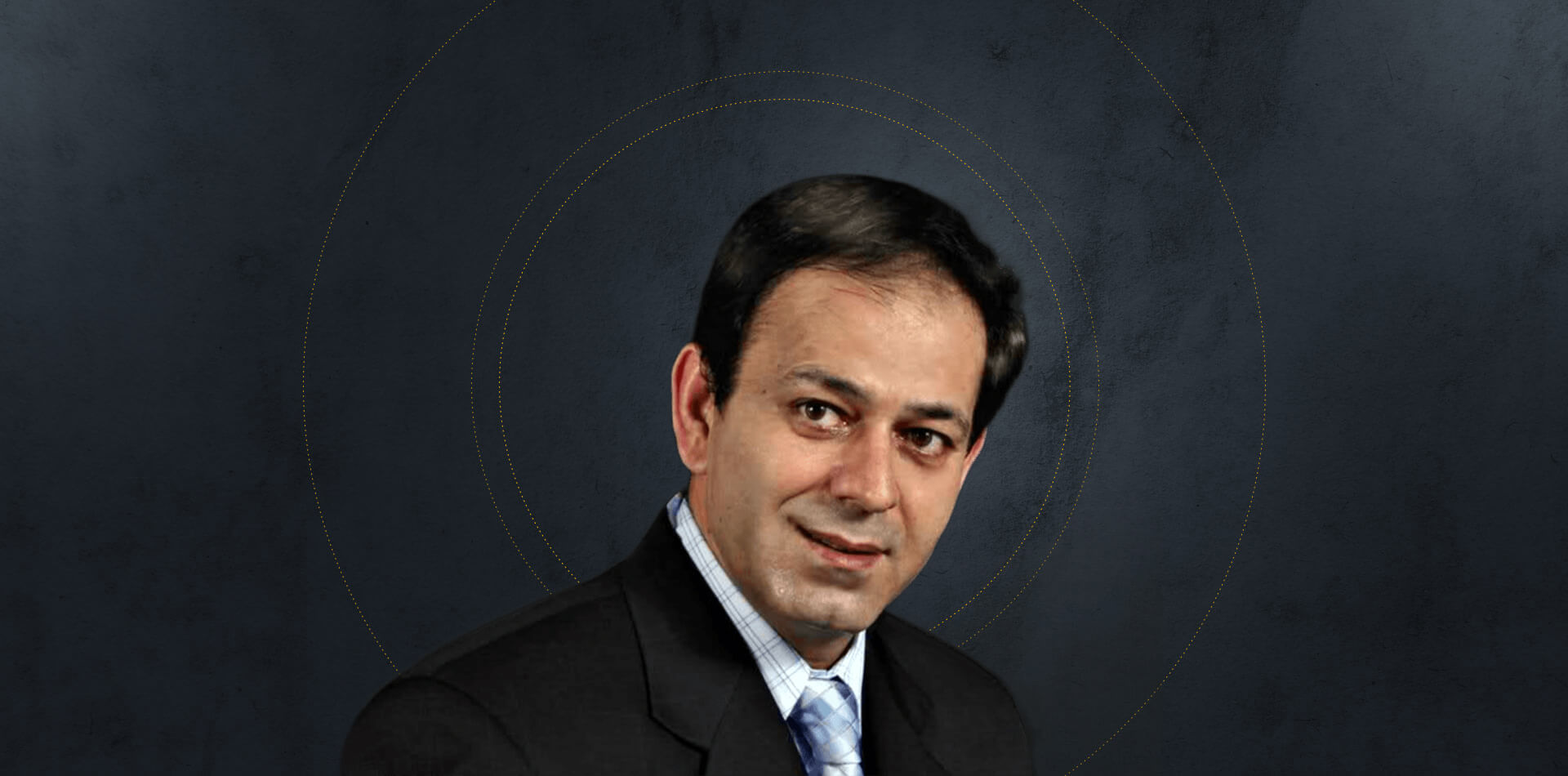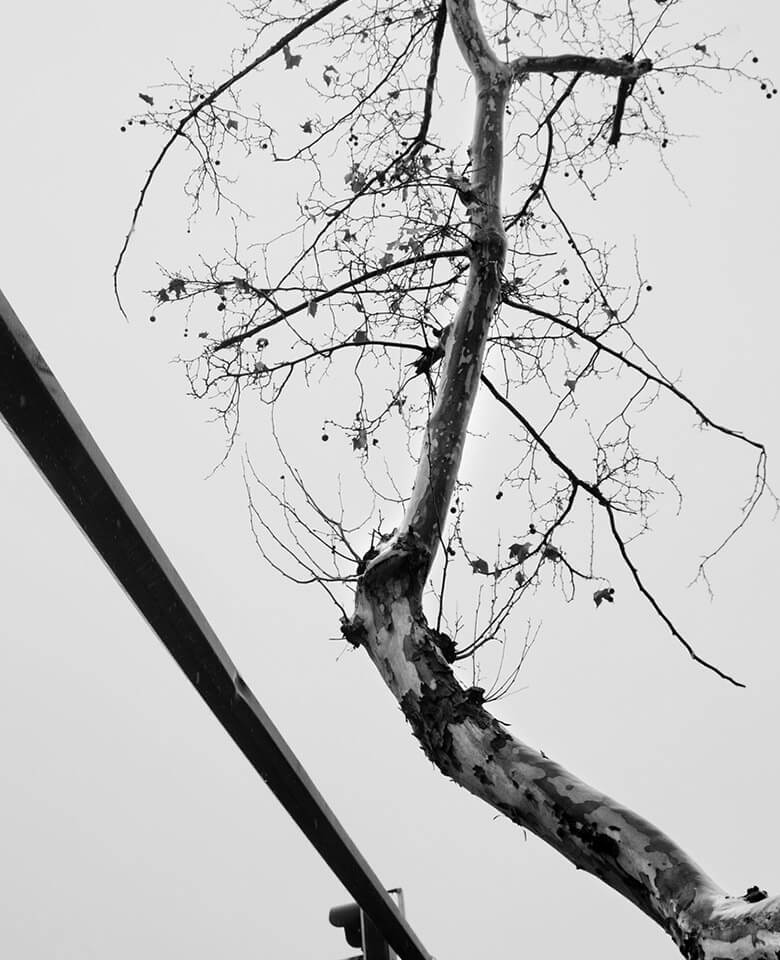
Javad FIROZMAND
Javad Firozmand’s Involvement with the People’s Mojahedin Organization of Iran (PMOI/MEK):
My name is Javad Firozmand, a former Central Council member and ex-member of the People's Mojahedin Organization of Iran (MEK/PMOI).
My association with the MEK began in 1976, when I was still a teenager attending high school in Tehran. By 1979, I had dedicated myself full-time to the organization’s social and student division at the university.
I was deeply motivated, believing that through the MEK's goals, I could help bring democracy, freedom, and social justice to the Iranian people.
Years of tireless work followed. However, I eventually came to the painful realization that the organization's practices diverged significantly from the values it professed to uphold. Despite my growing disillusionment, leaving the MEK was not an option.
In the summer of 2000, I took the risky step of escaping, hiding in a friend’s home for three days while I sought a way out.
Unfortunately, I was captured by the organization’s security forces, subjected to brutal torture, and held for several months in the MEK’s prison facilities within Camp Ashraf.
Additionally, among 4,000 members and commanders within the organization, I was sentenced to death by Masoud Rajavi himself.
The tortures I endured were designed to force a false confession that I had left the MEK to join and spy for the Iranian regime—a baseless accusation.
For nearly 30 years, I had served the MEK across various locations, including Camp Ashraf, without any connection to Iranian authorities.
This slander was merely a tactic by the MEK’s leadership to silence me and tarnish my reputation.
During my time in solitary confinement at Camp Ashraf, I was tortured repeatedly by senior leaders; at one point, my chest bone was fractured, and my eyes sustained lasting damage.
In the summer of 2003, I managed to escape again, this time seeking refuge with American forces stationed near Camp Ashraf.
Following my release, I relocated to Paris, France, in the early summer of 2005, where I have resided ever since. In Paris, I pursued studies in electrical engineering and now work as an electrical technician.
Writer’s bio
E arly Involvement and Activities: Javad Firozmand joined the People’s Mojahedin Khalq Organization (PMOI/MEK) in 1976 as a supporter and became a full-time member in 1979. He was actively involved in the organization’s political activities in Tehran from 1979 to 1981. During this time, he worked towards the freedom of the Iranian people from the authoritarian regime, reflecting his deep philanthropic values.
Going into Hiding and Missions Abroad: As the Iranian regime intensified its crackdown on MEK members in 1981, many were arrested and executed. To avoid capture, Javad went into hiding and, in 1984, left Iran to continue his work for the MEK abroad. He carried out various missions in Türkiye, Pakistan, and Iraq, where he played a key role in the organization’s operations.
Role as a Communications Officer: Firozmand served as a communications officer for the MEK for ten years. As an expert in electronics, he significantly contributed to enhancing the organization’s communication systems. His work included:
Upgrading wireless communication systems at MEK bases. Designing automatic FM transmitters and receivers with power outputs ranging from 100 to 300 watts. Creating a patch phone system that integrated landline and wireless communications. His technical contributions were crucial in advancing the MEK’s operational capabilities.
Transition to Logistics and Discontent: In 1993, Firozmand was transferred to the logistics department, where he became a key official overseeing various logistical operations. However, by 2000, he became increasingly dissatisfied with the MEK, particularly due to the organization’s oppressive environment.
Escape and Exposing the MEK: In 2000, Firozmand attempted to escape from the MEK but was captured by Saddam Hussein’s security forces. He was tortured and subsequently handed over to MEK authorities in Baghdad, where he suffered severe mistreatment in Ashraf Barracks. In 2003, he managed to escape again, seeking refuge with American forces outside Ashraf. He moved to France in 2005 and, then, publicly announced his separation from the MEK during a press conference in Paris.
During the press conference, Firozmand detailed the torture and abuses he endured within the MEK, including the existence of secret prisons and torture centers. His revelations were widely covered by international media, including BBC Radio, Radio France Internationale (rfi), Voice of America (VOA), Radio Farda, Human Rights Watch, … .
Post-MEK Criticism and Advocacy: Since leaving the MEK, Javad Firozmand has been an outspoken critic of the organization. Drawing on his experience as a former high-ranking member of the Central Council, he has provided detailed insights into the MEK’s authoritarian structure and the mistreatment of its members. Living in Paris, he has joined a broader community of former MEK members advocating for greater transparency and accountability regarding the organization’s activities.
Accusations and Ongoing Discourse: The MEK has accused Firozmand of being an agent for the Iranian government, a common tactic used by the organization to discredit defectors. Despite these accusations, Firozmand’s testimony is significant due to his former leadership position within the MEK, offering a critical perspective on the group’s internal dynamics.
His accounts have been utilized by journalists, researchers, and human rights organizations to understand the controversial nature of the MEK, particularly its past in Iraq and its current operations in Europe. Firozmand’s efforts contribute to the ongoing discourse surrounding the MEK, highlighting the challenges faced by those who leave the organization.

...
...

F urther Reading:
Human Rights Watch’s 2005 report on the People’s Mojahedin Organization of Iran; Statement on Responses to Human Rights Watch Report on Abuses by the Mojahedin-e Khalq Organization (MKO)
Coverage by Coverage by BBC Radio, Radio France Internationale (rfi), Al Jazeera, Voice of America (VOA), Radio Farda, German radio reports, ….
No Exit:
Human Rights Abuses Inside the Mojahedin Khalq Camps
https://www.hrw.org/legacy/backgrounder/mena/iran0505/

